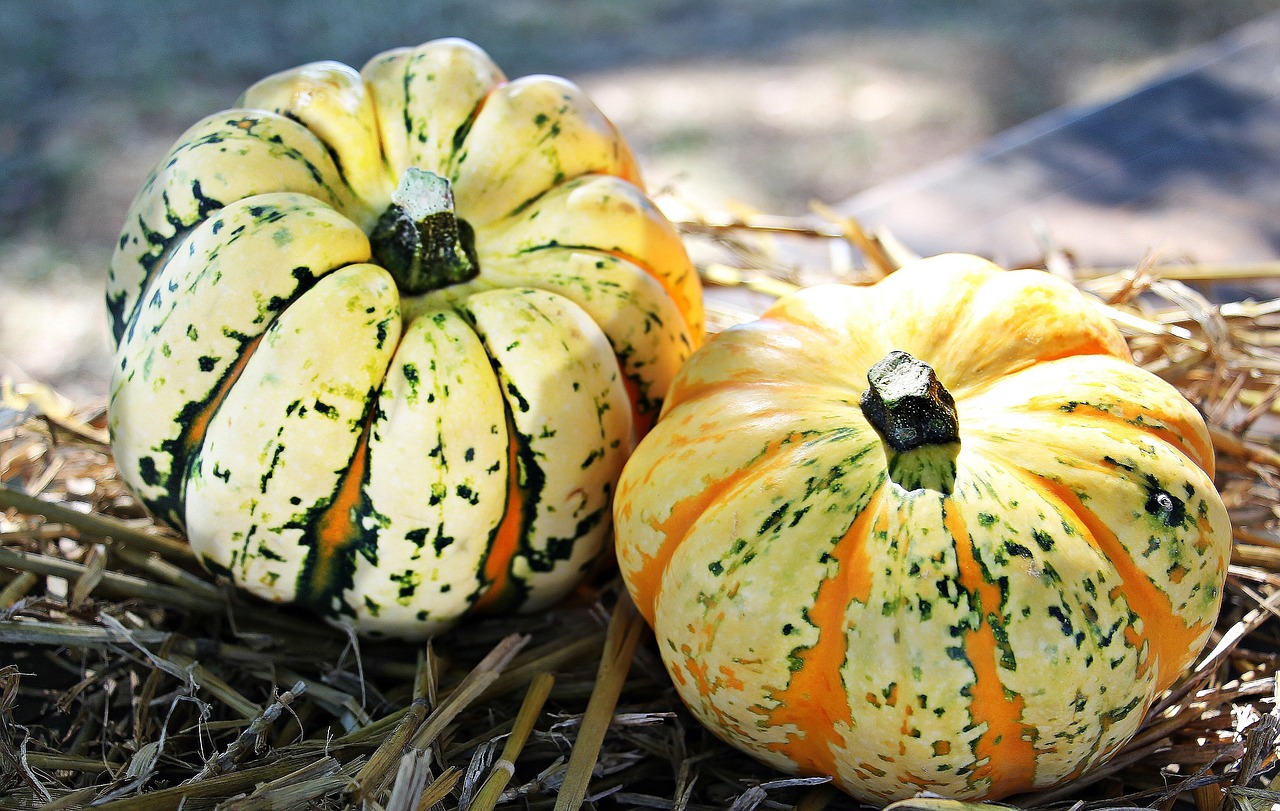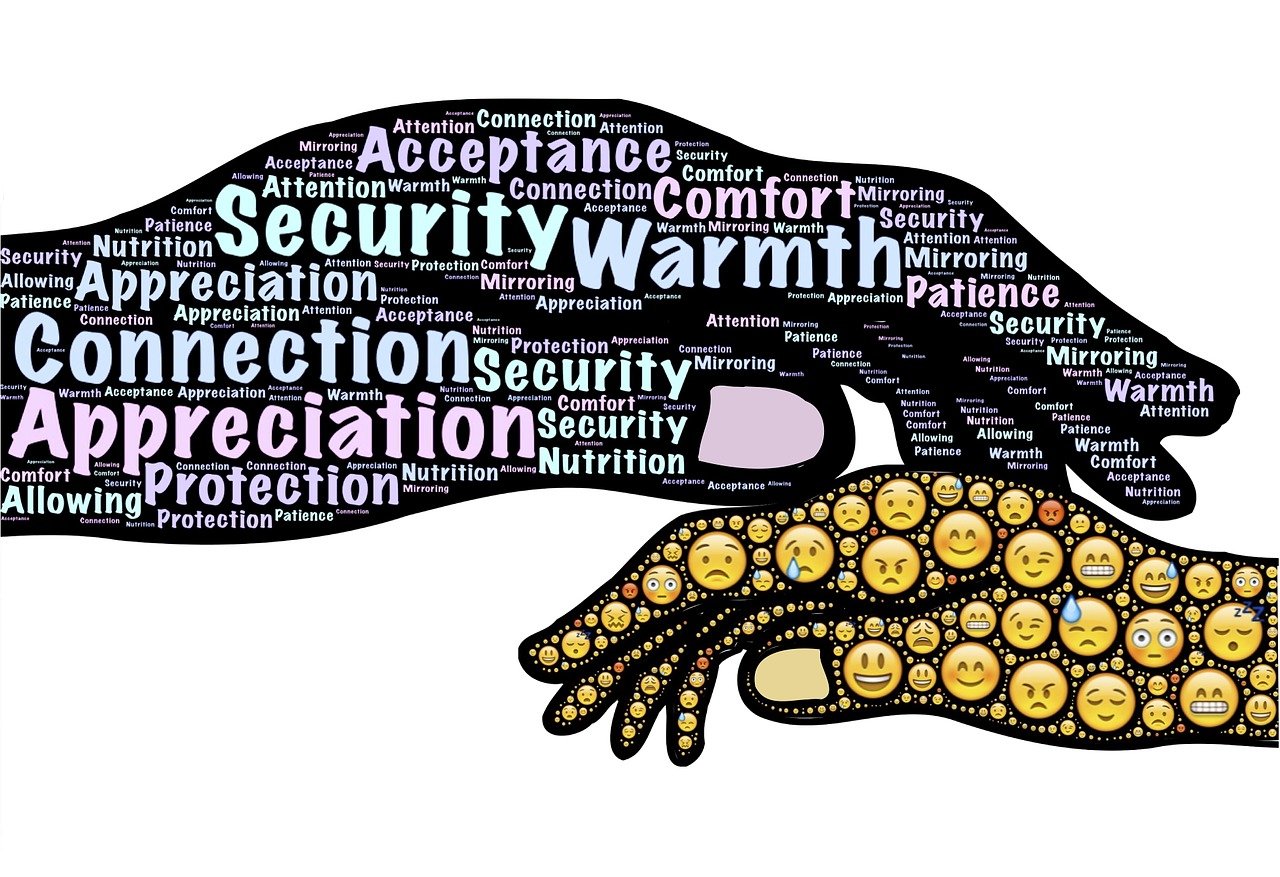Living like Jesus is a calling that goes beyond belief and into daily action. It is not about perfection, but about direction—choosing, again and again, to reflect His love, humility, and obedience in how we live. Jesus’ life provides a clear model for how we can treat others, respond to challenges, and walk faithfully with God in a broken world.
At the heart of Jesus’ life was love. He loved unconditionally, crossing social, cultural, and moral boundaries to reach people where they were. He spent time with the poor, the outcast, and the forgotten. To live like Jesus means choosing compassion over convenience and grace over judgment. It calls us to listen before we speak, forgive even when it is difficult, and show kindness without expecting anything in return. In a world often marked by division, living like Jesus means being a bridge-builder rather than a barrier.
Humility was another defining trait of Jesus’ life. Though He was the Son of God, He did not seek power or recognition. Instead, He served others, even washing His disciples’ feet. Living like Jesus requires setting aside pride and self-interest. It means being willing to serve quietly, to put others first, and to recognize that true greatness comes from obedience to God, not applause from people.
Jesus also lived with unwavering obedience to the Father. He prayed regularly, sought God’s will, and trusted Him even in suffering. To live like Jesus today means cultivating a strong prayer life and grounding our decisions in Scripture. It involves surrender—placing our plans, fears, and desires into God’s hands and trusting His guidance, even when the path is uncomfortable or unclear.
Another key aspect of living like Jesus is loving our enemies. Jesus taught and demonstrated radical forgiveness, even from the cross. This does not mean ignoring injustice, but responding to it with mercy rather than revenge. Choosing forgiveness frees our hearts and reflects the transforming power of Christ to a watching world.
Finally, living like Jesus means living with purpose. Jesus knew why He came and faithfully carried out His mission. As His followers, we are called to share hope, speak truth in love, and reflect God’s light through our actions. Our lives should point others to Christ—not through perfection, but through authenticity and faithfulness.
Living like Jesus is a daily commitment. It requires courage, humility, and dependence on God. When we choose love, serve others, forgive freely, and walk obediently with the Father, we become living reflections of Christ in the world—bringing hope, healing, and light wherever we go.











